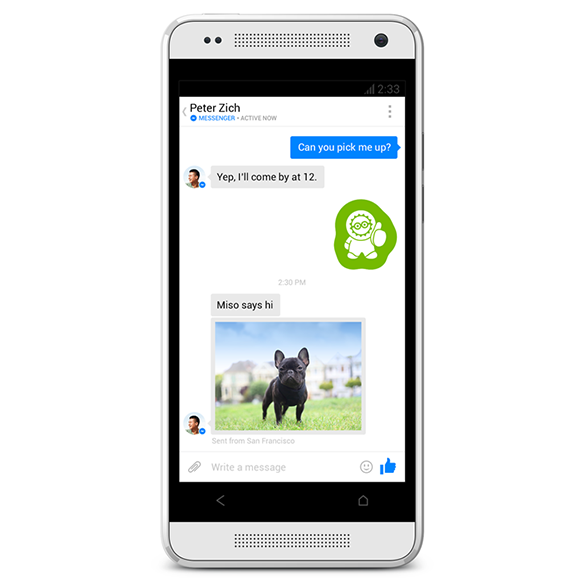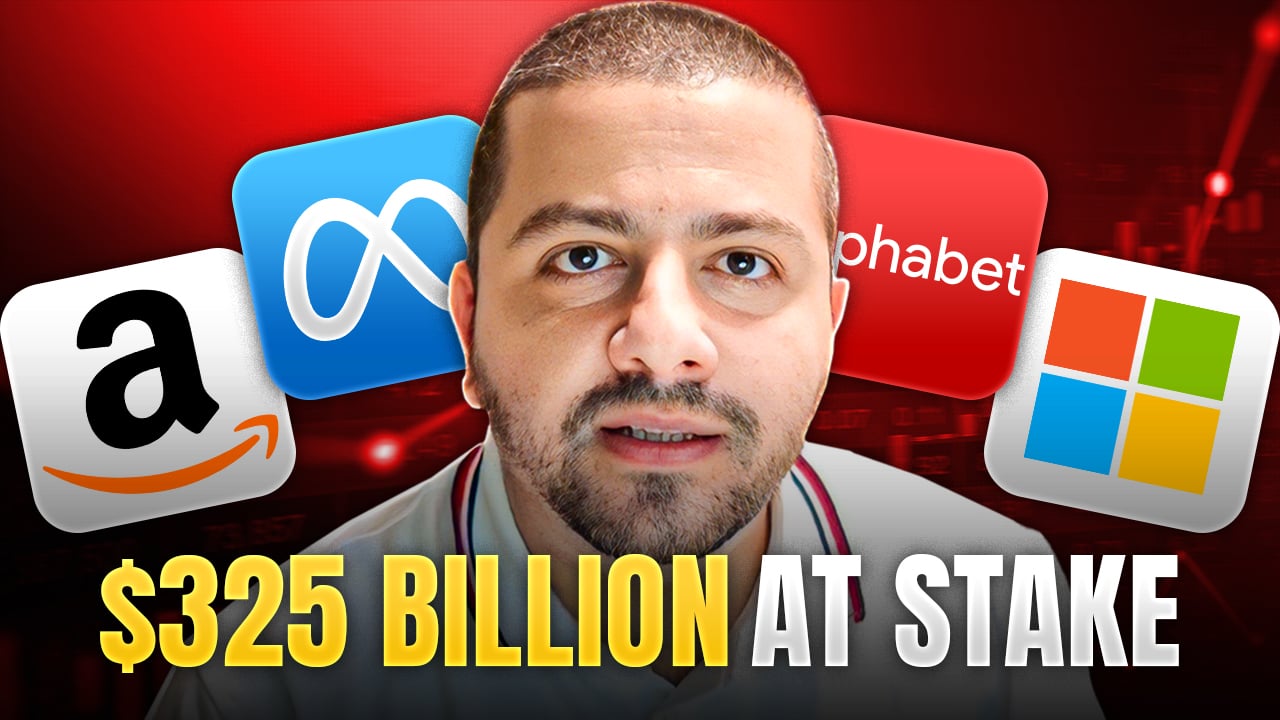People accustomed to sending messages to friends using the Facebook (FB 1.16%) app's built-in messaging function will soon be forced to download a whole new app. Facebook's stand-alone messaging app, Facebook Messenger, has been around for years, but not everyone has made the switch yet.

The Facebook Messenger app will soon be a required download for Facebook users. Source: Facebook.
So why does Facebook want you to use multiple apps for features that its flagship app can handle, and has easily done so in the past? Why does Facebook have multiple apps that accomplish the same thing, like Facebook Messenger and WhatsApp, or Instagram Bolt and SlingShot?
Well, mobile devices operate differently from a Web browser, thus necessitating a different strategy. Google (GOOG 3.16%) (GOOGL 3.21%) suffers from a similar problem and has adopted a similar approach, albeit not to the degree of Facebook's latest mobile-first efforts. That strategy has allowed Facebook to continue to dominate your attention on the smartphone.
How apps are like bookmarks
86% percent of the time we spend on mobile devices in the U.S. is on apps. A user's app launcher, then, is a lot like a list of bookmarked Web pages on a browser on desktop. They're the most used functions on the Internet.
Facebook's flagship app combined with Instagram takes a huge portion of time spent on mobile, accounting for 17%. That number is down from 18% a year ago. Comparatively, Google's YouTube and Chrome browser combined for a 9% share of minutes spent on mobile devices.
Facebook's share of time spent, you'll notice, is heading in the wrong direction. One of the easiest ways to improve engagement is to give users more chances to click on its app icon. It can do that by having five or six different apps on a user's phone.

Facebook recently acquired WhatsApp, which has similar functionality to Facebook Messenger. Source: WhatsApp.
Furthermore, consider that a user who downloads a dedicated app such as Facebook Messenger is more likely to continue to use the feature and use it more often. After all, the user went through the process of downloading the app and dedicating limited screen real estate to this new app. To switch, the user would have to repeat the process for the new app.
Messaging is already one of the most popular functions of smartphones, accounting for 9.5% of time spent on mobile devices. Facebook has made it quite clear that it's interested in taking a large share of that space through the acquisition of WhatsApp. Now, it's forcing users' hands with the move to the stand-alone Facebook Messenger.
Avoiding feature creep
The other benefit of splitting off different features into separate apps is that it avoids bogging down any one app with too many features. For example, people who use Facebook Messenger reply 20% faster, according to Facebook, and it's a much cleaner and faster iteration of what's built into the flagship app.
Avoiding too many features in one app is key to successfully engaging audiences. The best mobile apps do one thing extremely well. There are dozens of success stories of apps that rely on a minimalist interface with minimalist functionality to work around the real-estate limitations of smartphones (see Uber or Yo).
As Facebook continues to roll out new features -- photo messaging, news curation, and the like -- it simply can't fit them all into its flagship app. The same is true for Google.

Paper, a news and story curation app, was released earlier this year. Source: Facebook.
Mark Zuckerberg revealed that Facebook plans to roll out a payments platform through Facebook Messenger at some point. It's still some time away, however, as Zuck was talking "years," not months or quarters, on the company's second quarter conference call.
Social payments are an area of growing interest for many digital-payments leaders, including Google, which recently updated Gmail to feature its ability to send payments through email by linking a credit card or bank account to your Google account. The feature has been around for a while, but it hasn't caught on because it's buried within Gmail.
I expect Facebook to follow its recent form and release a stand-alone payments app, but it makes sense to integrate it with messaging to capitalize on its install base as well as the social aspect.
Attention hog
Splitting off every little feature of a feature-rich website into multiple mobile apps accomplishes two things: It creates a better user experience, and it increases the total amount of time spent on the platform. Facebook is managing the transition to mobile fantastically, and its multiple app distribution strategy is just another way for it to continue dominating your attention on smartphones.






